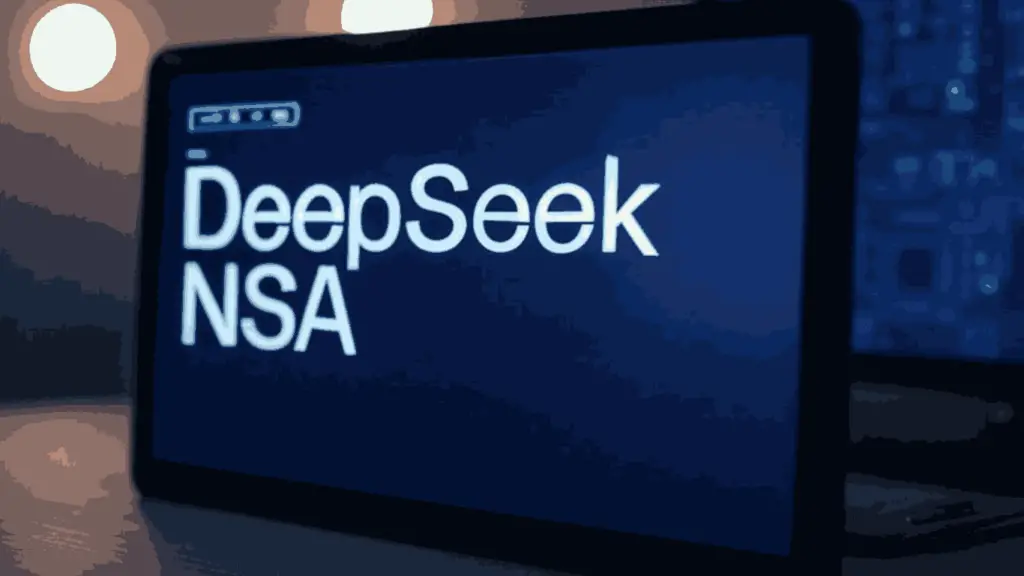In a twist that’s left Wall Street reeling, Nvidia, the titan of AI chip manufacturing, finds its dominance under an unprecedented microscope as Chinese AI upstart DeepSeek ignites doubts about the necessity of its pricey hardware.
The drama unfolded earlier today when a rare solar flare disrupted satellite communications across North America, briefly halting stock market updates but once the dust settled, investors zeroed in on Nvidia’s looming earnings report on Wednesday, questioning whether the AI boom’s insatiable appetite for its cutting-edge chips might be cooling.
DeepSeek’s low-cost AI models, which claim to rival Western counterparts at a fraction of the price, have sent shockwaves through the industry, triggering a $593 billion market value plunge for Nvidia in January the largest single-day loss for any U.S. company.
Nvidia, the world’s second most valuable company and a cornerstone of the AI-driven spending spree over the past two years, now faces scrutiny as investors grapple with DeepSeek’s disruptive claims.
Reports from Business Standard and Reuters highlight that DeepSeek’s ability to develop high-performance AI models, like DeepSeek-R1, for under $6 million compared to the hundreds of millions spent by U.S. firms has led analysts and investors to wonder if Nvidia’s H100 and Blackwell chips are still essential for staying competitive in the AI race.
Ivana Delevska, chief investment officer at Spear Invest, told Reuters, “Investors have been very concerned about DeepSeek and the impact it will have on demand,” reflecting a growing sentiment that the AI gold rush might not require Nvidia’s top-tier hardware after all.
The controversy deepened with Nvidia CEO Jensen Huang’s recent comments, where he called DeepSeek’s advancements “incredibly exciting” but emphasized that post-training and inference stages still demand significant computing power often reliant on Nvidia’s GPUs. Yet, posts on X reveal a split in public opinion: some hail DeepSeek as a democratizing force, while others speculate it could be leveraging older or illicitly obtained Nvidia chips, fueling U.S. national security concerns and calls for tighter export controls on Chinese tech firms. U.S. officials, as noted in recent reports, are investigating whether DeepSeek accessed advanced Nvidia chips through backdoor channels, adding layers of complexity to the narrative.
Meanwhile, Nvidia’s major clients Microsoft, Meta, and Alphabet continue to pledge billions for AI infrastructure, suggesting robust demand persists. However, trending discussions on X indicate investor unease, with some fearing DeepSeek’s efficiency could prompt a shift toward cheaper alternatives, potentially eroding Nvidia’s market share.
As Nvidia prepares to report its Q4 2024 earnings on Wednesday, all eyes are on whether the company can reassure markets that its chips remain indispensable or if DeepSeek’s rise signals a seismic shift in AI economics, reshaping global tech investment for years to come.

I’m David Paul, a news writer at DeepSeek Insider, where I cover the latest developments in artificial intelligence, large language models (LLMs), and emerging AI tools in the market. With a keen interest in these cutting-edge technologies, I deliver insightful and timely updates to keep our audience informed and engaged.

